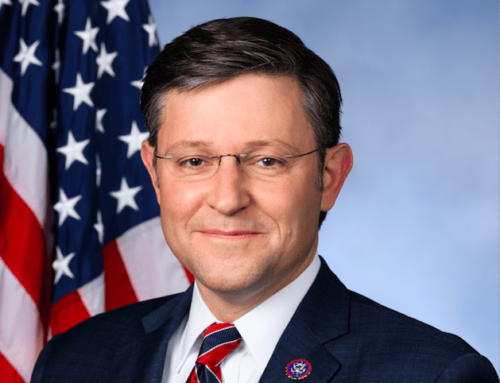A Republican, a Democrat, a utility executive, and a construction manager walked into a bar. They had been invited by a lobbyist. There’s no punchline. This is what actually happened.
I was at a renewable energy seminar in the Twin Cities. There were four people on the panel plus the moderator. One was a Democratic legislator, another a Republican legislator, the third was a utility executive, the last was from a construction company that had installed a few wind turbines. The moderator was from a Republican lobbying group known to sponsor tar-sands pipelines, coal and nuclear utilities. None was a renewable energy expert. How do you think the seminar went? Which person had the most credibility with respect to renewable energy?
Our politics on the environment, and renewable energy by extension, is now more polarizing than abortion or gun control. It doesn’t have to be. But we can’t forget this.
Here’s the punchline in this era of identity politics. While communications experts tell you to tailor your message to the audience, they sometimes forget to tell you that how well the message is received is dependent on the messenger. At this conference, almost no one believed the moderator.
He was supposed to be independent, but added confirmation to comments by the Republican who took the position that renewables weren’t ready for prime time. The moderator actual said that solar wasn’t suited for Minnesota because it required cutting down pine trees and panels couldn’t be recycled when they expired after twenty years. After he gave a plug for nuclear being clean energy, someone from the audience politely pointed out to him that nuclear waste lasts for 50,000 years and can’t be recycled. It was all over for him.
Credibility of messenger is as important as the message. That credibility is often dependent on shared background and values. While passion by those who you disagree with is respected, you can’t fake authenticity, and it is a mistake to try.
So when All Gore or Leonardo DiCaprio meet with Trump to try to talk him into staying in the Paris agreement, do you think they are effective messengers? Not likely. What if Sean Hannity had made the same appeal? This doesn’t mean that you can’t speak out and call attention to important issues. It doesn’t mean that you need to find an oil company executive to carry your message. But it is important for specific audiences.
In environmental communications, we are often simply talking to the anointed. Our messages should be well received. But think about your outreach, and how to broaden your audience. Think about who are your messengers. Are they credible? Do they share a common background or values with their audience? Otherwise they are likely to be killed before the message even gets out. That’s no joke.
We are all connected. Savor the earth.
Hobie,
L. Hobart Stocking
SkyWaterEarth.com
hobart@skywaterearth.com
651-357-0110
Facebook: @SkyWaterEarthConnected
Twitter: @SkyWaterEarth








Leave A Comment